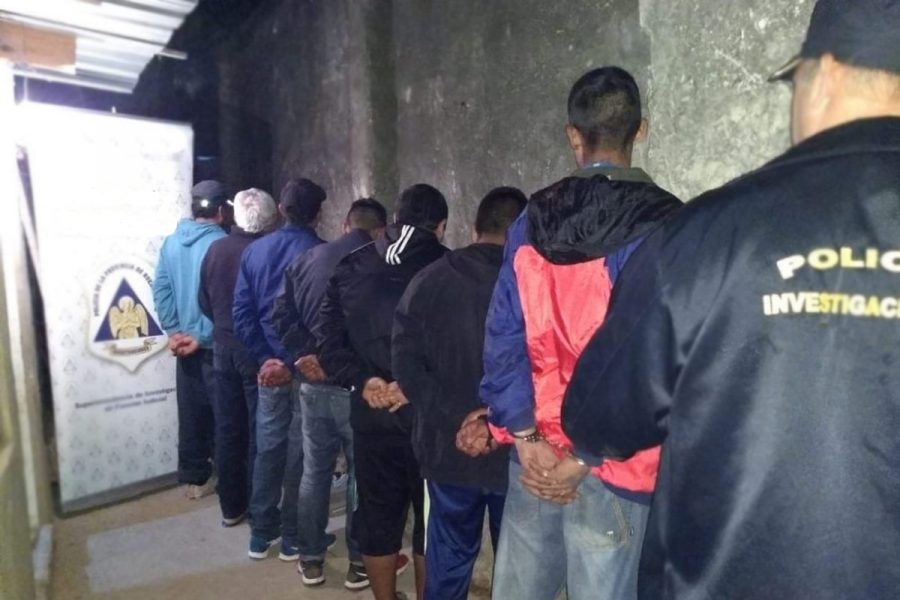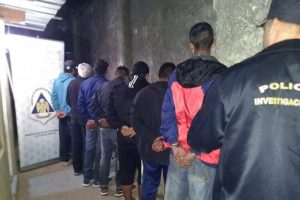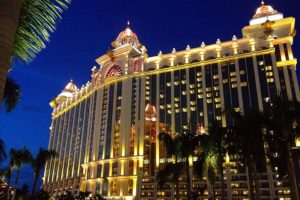Thailand: 6 arrested for illegal gambling

Police arrested six people in a raid on an alleged illegal gambling den in Southern Thailand.
Thailand.- Authorities in Thailand have raided an alleged gambling operation taking place at a house in Chawang District.
Police arrested six people and seized various gambling cards and cash. Officers reported that those arrested tried to run away through a back door during the raid but were caught and arrested.
The group has been charged with colluding in gambling and illegal gathering during a pandemic.
According to local media, Covid-19 cases in the province are rising especially because of illegal gambling venues.
In May, officers made a series of arrests connected to alleged online gambling sites operating from Bangkok.
Eight men and 11 women were arrested. Officers believe the online gambling network had a monthly circulation of US$3m in bets.
According to police, those arrested had rented three condominium rooms in one building from where they conducted online gambling operations through the website PGSLOT889.com.
The police seized 30 monitors, 8 computers, 27 mobile phones, 17 ATM cards and seven bank account books.
Online gambling is illegal in Thailand. However, according to local media, Prime Minister Prayut Chan-o-cha is considering the possibility of legalisation.
In April officers from the Crime Suppression Division (CSD) made a series of arrests over alleged online gambling sites operating from Nang Rong, a town in the northeastern province of Buriram.
Those arrested had rented a house to open an office but are accused of operating 10 online gambling websites, including www.sajoker123.com.
Is gambling legal in Thailand?
Virtually all types of gambling are illegal in Thailand, except for betting on horseraces or the government-sponsored Thai lottery.
In an effort to combat all kinds of illegal gambling, the police often carry out raids on gambling dens and centres operations that offer online betting.
Under the gambling act, which was first passed in 1930, casinos are banned in Thailand. Thailand remains one of only three ASEAN nations with no legal casinos, alongside Indonesia and Brunei.
In January, prime minister Prayut Chan-o-cha has said he may consider the option of legalising gambling in the country as a measure to tackle the problem of illegal gambling dens.
According to the prime minister, a legal gambling sector is increasingly being seen as a potential solution to the growing problem of illegal gambling.
However, James Kaplan, CEO of Destination Capital, a Bangkok based private equity real estate investment and asset management company, expressed his doubts regarding possible gambling legalization.
Kaplan said: “Thailand is somewhat of an enigma clouding the public perception of freewheeling fun and party tourist destination with the cultural reality of a very conservative society.
“Religious beliefs and respect together with conservative family values pervade Thai culture. Buddhism is the fundamental base of the education and belief system, and for most people, gaming is a bad thing.”
Another executive, who remained anonymous, told media sources that gambling legalisation is unlikely as many of the illegal gambling dens are known to be under the protection of local police and other powerful figures who earn huge sums from their operation.
There are also concerns that if gambling were legalised, the industry would not be able to attract foreign investors since Thai laws prohibit foreigners from owning land or owning more than 49 per cent of a Thai company.
Kaplan said: “Thailand needs to reinvent itself. You need gaming as a way of bringing in fresh activities and a fresh new market, as well as spending on infrastructure so it rises the tide for everyone.”









